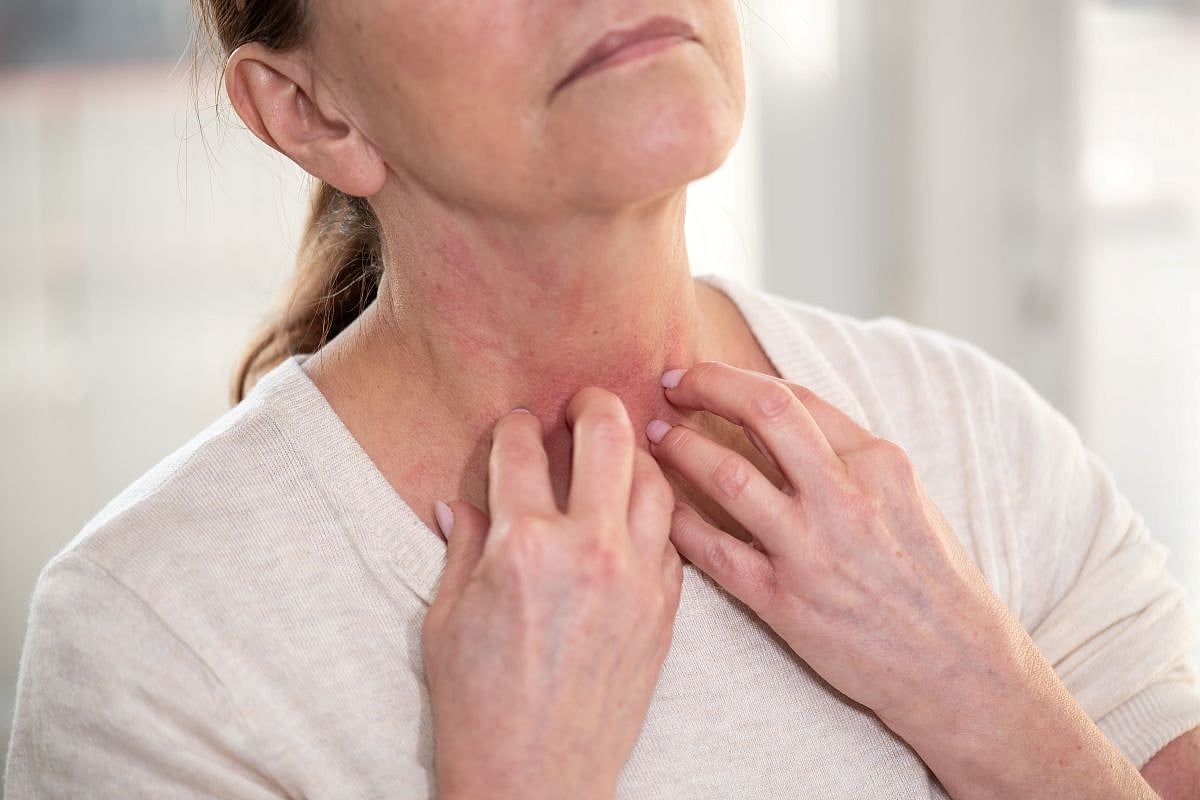
Black adults living in food deserts can beat high blood pressure, with a little help. Folks living in an area with few grocery stores had a greater reduction in blood pressure if they participated in a program that home-delivered healthy eats, researchers recently reported in the Journal of the American Medical Association. They fared better… read on > read on >

















